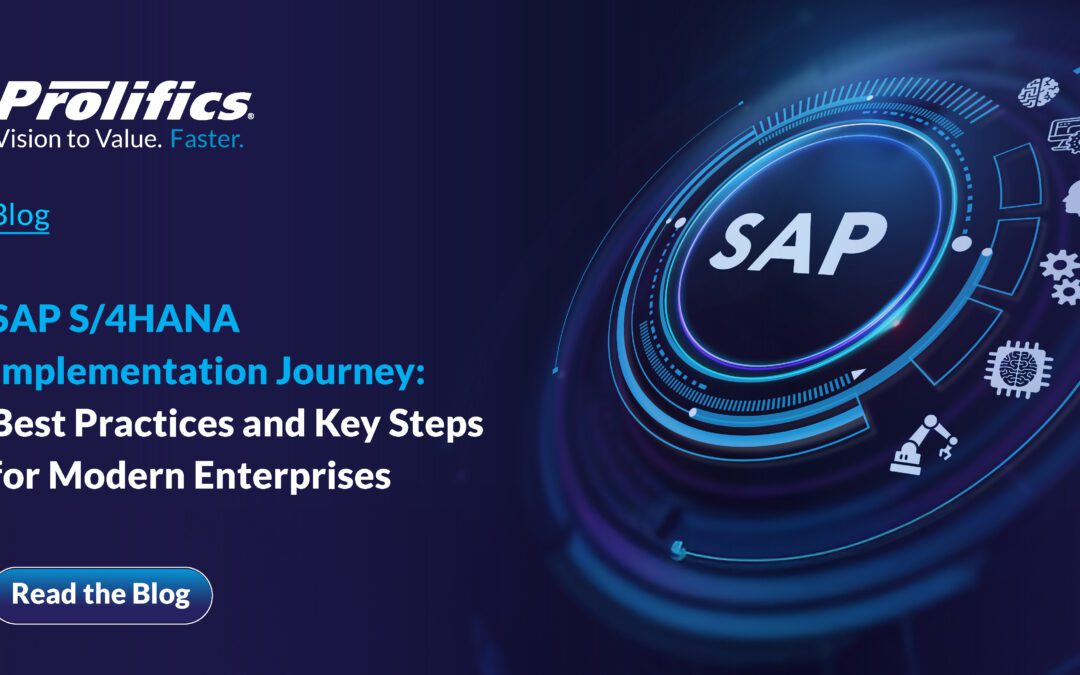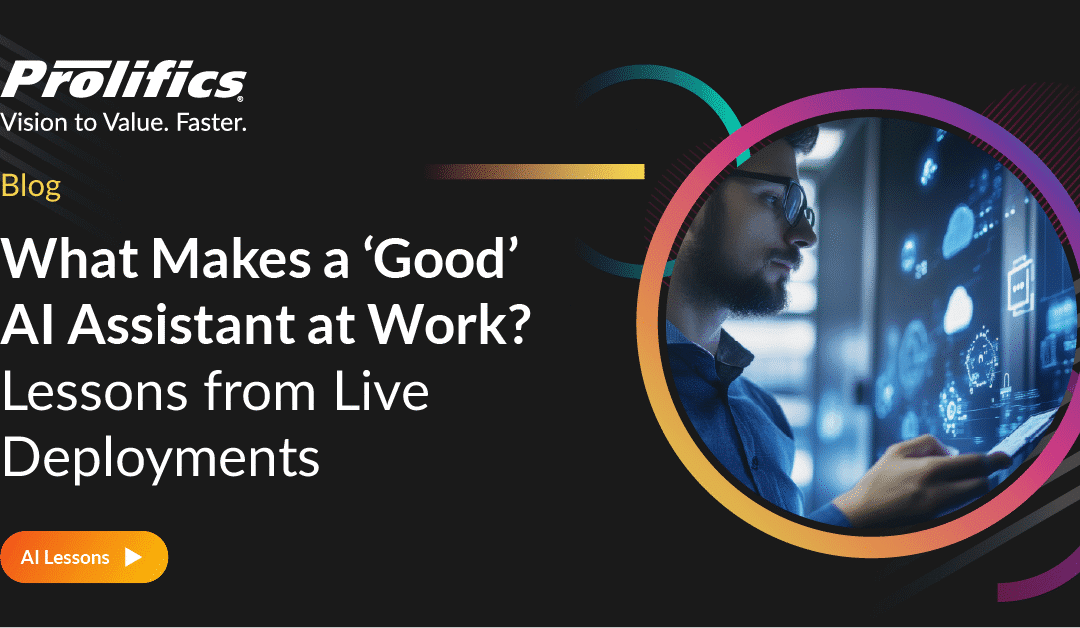The healthcare industry is undergoing a seismic transformation driven by digital innovation, regulatory shifts, and rising patient expectations. However, legacy systems, complex integrations, and prolonged development cycles often hinder timely innovation. Low-code/no-code (LCNC) platforms are emerging as a powerful antidote, enabling rapid application development with minimal coding, empowering non-technical users, and accelerating digital health initiatives.
According to Gartner, 70% of new applications developed by organizations will use low-code or no-code technologies by 2025, and healthcare is leading the charge.
For providers, payers, and healthcare innovators, LCNC platforms are becoming a strategic lever to deliver high-quality care, improve patient experiences, and ensure regulatory compliance, all with unprecedented speed and agility.

What Are Low-Code/No-Code Platforms?
Low-code platforms offer a visual, drag-and-drop development interface that reduces the need for traditional hand-coded programming. No-code platforms go a step further, enabling business users with no technical background to build applications using pre-built components and logic-based workflows. Both platforms significantly reduce the time, cost, and complexity involved in traditional software development.
These tools empower a broader range of users, including clinicians, administrators, and analysts, to participate in solution development, making innovation more collaborative and domain-centric.
Why Healthcare Needs Low-Code/No-Code
- Accelerating Innovation in Patient Care
Traditional IT development cycles are often misaligned with the urgency of healthcare innovation. LCNC platforms allow rapid prototyping, testing, and deployment of applications that support telehealth, remote monitoring, and personalized medicine. Healthcare organizations can quickly respond to evolving needs, such as launching COVID-19 vaccination portals or mental health apps, without long development lead times.
- Empowering Frontline Healthcare Workers
Doctors, nurses, and administrators often understand the operational pain points better than IT teams. With no-code tools, these users can build and customize workflows, forms, and dashboards to improve scheduling, reduce patient wait times, and streamline resource management. This user-centric development model enhances efficiency while reducing the IT backlog.
- Seamless Integration with Legacy Systems
Many healthcare systems still rely on legacy EHRs (Electronic Health Records) and billing software. LCNC platforms enable rapid integration with these systems via APIs, connectors, and middleware layers, creating unified workflows without needing costly system overhauls. Prolifics, for example, specializes in leveraging LCNC solutions to modernize without disrupting existing operations.
- Faster Compliance and Regulatory Response
Healthcare regulations like HIPAA, HITECH, and GDPR demand strict data protection and audit capabilities. LCNC platforms can automate compliance workflows, log access events, and generate real-time reports, allowing providers to remain audit-ready while focusing on patient outcomes.
Key Healthcare Use Cases for Low-Code/No-Code Platforms
- Frictionless Patient Onboarding & Personalized Engagement
LCNC platforms can create customizable patient onboarding forms, appointment scheduling apps, and secure messaging systems, all while integrating with EHRs and CRM tools. Personalized follow-up notifications, survey forms, and care instructions can be rapidly built without developer intervention.
- Enabling Always-On Remote Care Through Wearables & Telehealth
By combining LCNC with IoT and wearable integrations, healthcare organizations can build real-time dashboards that track patient vitals and trigger alerts for anomalies. No-code interfaces can power telehealth workflows, intake, consent, and video consultations, without developing from scratch.
- Claims Management and Revenue Cycle Automation
Insurance claims processing can be slow and error-prone. LCNC platforms can digitize claims intake, automate eligibility verification, track claim statuses, and escalate exceptions, all with minimal IT involvement. This reduces denials, speeds reimbursements, and improves payer-provider relationships.
- Clinical Workflow Automation
From lab result routing to discharge planning, LCNC platforms simplify complex workflows across departments. Drag-and-drop automation tools allow healthcare staff to optimize task sequences, reduce paperwork, and improve coordination among clinicians.
- Data Collection and Reporting
Hospitals often struggle with collecting structured data for reporting and quality improvement. LCNC tools can build custom forms, sync with data lakes, and generate dashboards for patient outcomes, infection control, and staff performance, without the need for data scientists or developers.
Benefits of LCNC in Healthcare
- Rapid Time-to-Market
Solutions can be built and deployed within days or weeks rather than months, vital for responding to public health emergencies, policy changes, or competitive threats.
- Cost-Efficiency
By reducing the need for large development teams and minimizing maintenance overhead, LCNC platforms significantly lower the total cost of ownership for healthcare IT solutions.
- Improved User Adoption
Apps built with input from clinical and administrative staff often see higher adoption and satisfaction rates. LCNC platforms foster this collaboration by making development accessible.
- Scalability and Flexibility
Modern LCNC platforms like Mendix, OutSystems, and Appian can handle enterprise-grade deployments, support cloud-native architectures, and scale on demand, all essential for healthcare environments.
- Built-in Security and Governance
Most LCNC vendors offer enterprise-level security features, including encryption, role-based access control, audit trails, and secure API gateways, essential for safeguarding patient data.
Overcoming Challenges
Despite their benefits, LCNC platforms are not without challenges. Governance, platform sprawl, and integration limitations can surface if not managed well.
Key mitigation strategies include:
- Establishing a Center of Excellence (CoE) to manage best practices and governance
- Using enterprise-grade platforms with strong integration and security capabilities
- Involving IT leaders to guide architecture and compliance oversight
- Partnering with experienced providers like Prolifics to tailor LCNC implementation for the healthcare environment
Prolifics’ Role in Healthcare LCNC Innovation
At Prolifics, we combine domain expertise in healthcare with cutting-edge capabilities in low-code/no-code, AI, and analytics to drive measurable outcomes. We help clients:
- Modernize legacy healthcare systems using LCNC integration frameworks
- Build patient-facing apps that elevate care and satisfaction
- Automate backend processes like claims, compliance, and credentialing
- Enable real-time analytics with LCNC-built dashboards
- Create secure, HIPAA-compliant digital solutions at speed
Whether you’re a provider looking to improve care coordination or a payer seeking operational efficiency, Prolifics can help you unlock the full potential of low-code/no-code platforms.
Future Outlook: LCNC as the New Standard in Healthcare Innovation
Low-code and no-code platforms are no longer niche tools, they are becoming foundational to the future of digital healthcare. As AI and ML become integrated into these platforms, their ability to support intelligent automation and predictive care will grow exponentially.
From precision medicine to value-based care, LCNC platforms will enable faster experimentation, improved agility, and broader participation in digital transformation. Healthcare organizations that embrace this shift now will be better positioned to lead in an increasingly competitive and data-driven landscape.
Conclusion
The healthcare industry faces constant pressure to innovate, reduce costs, and improve patient outcomes. Low-code/no-code platforms offer a transformative approach to meeting these goals. By empowering both technical and non-technical stakeholders, enabling rapid solution development, and ensuring agility at scale, LCNC is shaping the future of healthcare delivery.
Prolifics is a global leader in healthcare technology consulting, helping providers and payers modernize systems, drive digital innovation, and improve patient outcomes. As a trusted partner, Prolifics brings the experience, platforms, and strategy to ensure your LCNC journey delivers lasting impact. The time to modernize is now, one drag-and-drop solution at a time.
Contact Us







